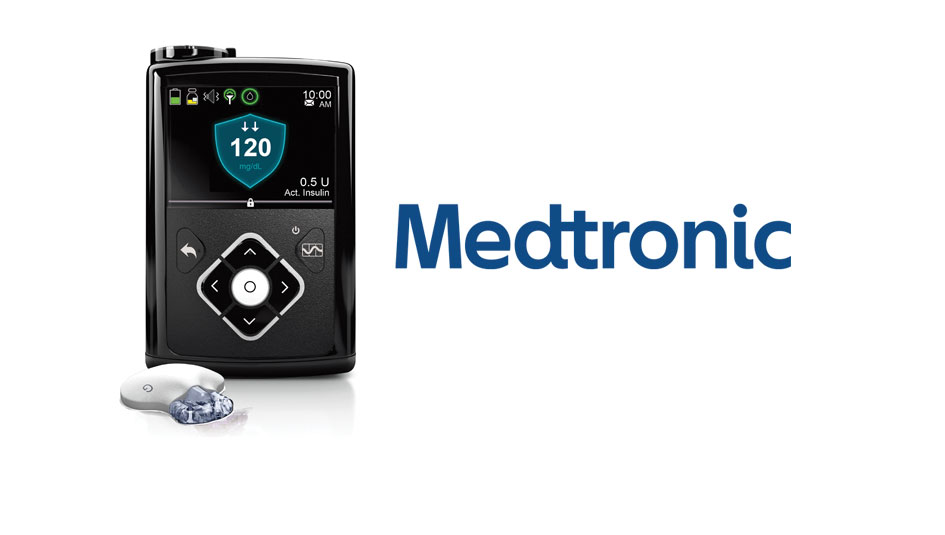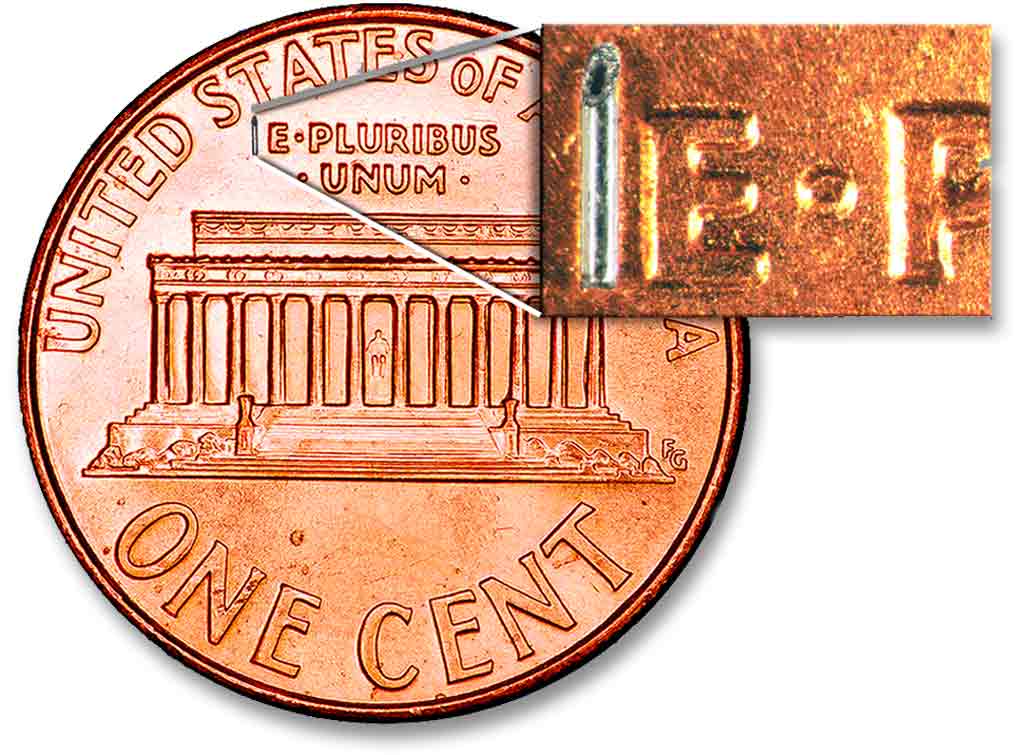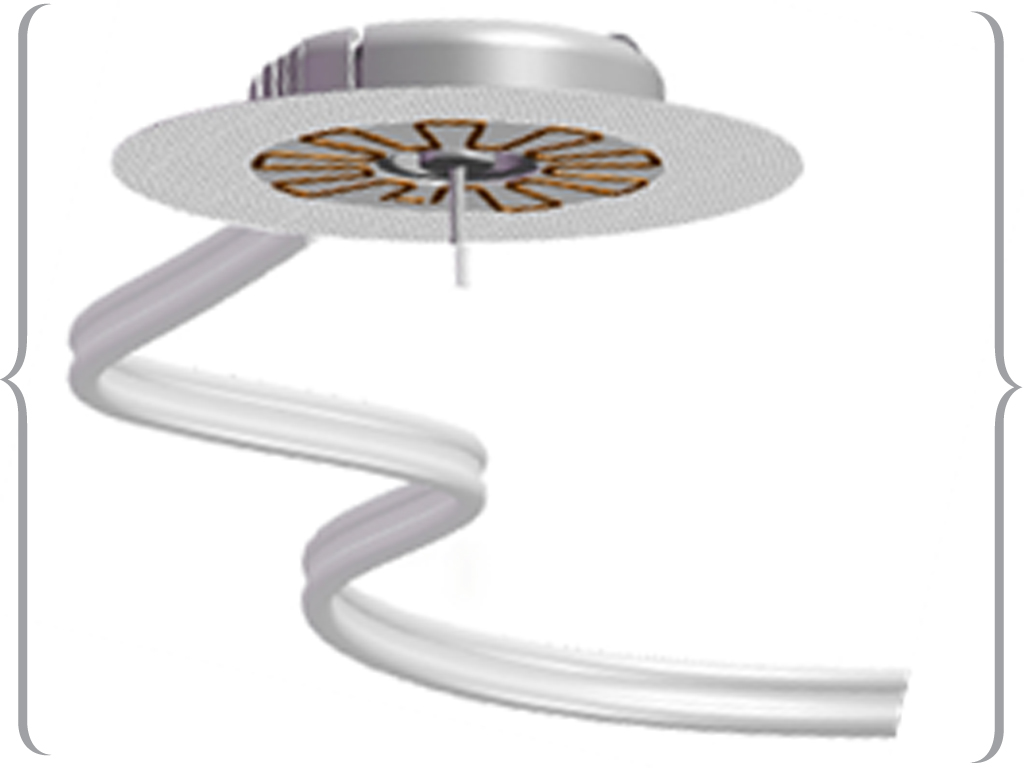Why I Call the 670G an Artificial Pancreas

Commentary
No sooner did news break that the FDA had approved the Medtronic 670G did debate start over whether it deserved to be labeled an artificial pancreas. I wanted to provide my thoughts on why as the editorial director of a diabetes news publication, I felt comfortable using the term for this hybrid automated pump-and-CGM system.
(And I should note that I love that we as a community are so quick to debate such points.)
In 2013, Medtronic misfired when its PR team labeled the 530G pump an “artificial pancreas”. That’s because the pump system’s only innovation was that it would shut off once blood sugar levels reached a certain point. Type 1 tech activists rightly pointed out that the pump didn’t do anything to help manage blood sugar levels except to shut off insulin delivery. They argued that an artificial pancreas should do something, actively and automatically, to adjust insulin delivery in reaction to blood sugar levels.
Medtronic learned its lesson from this PR mini-disaster, and it was much more careful with its words when it rolled out the 640G, which was released abroad but not in the U.S. This pump system is able to monitor glucose readings and make a prediction that blood sugar levels will reach a set low point; the pump system then shuts off insulin delivery in advance. If the 530G was an on/off switch, then the 640G was like an on/off switch with a crystal ball. Some news reports called the 640G an artificial pancreas, but Medtronic reps wisely held their tongue.
Which brings us to the 670G, a pump system that at automatically adjusts insulin levels based on glucose levels; that automation is not complete, but it’s substantially more than an on/off switch. This automation was the first selling point for me to label the 670G an artificial pancreas. The system’s ability to adjust insulin levels with minimal user input sets it apart from all existing pump systems on the market, so much so that the FDA had to use new criteria to judge Medtronic’s application for approval. A new medical tech system requires new terminology, and the term “artificial pancreas” seemed available for just such a purpose.
Now, here’s where we have to address the single-chamber/dual-chamber debate. Since Medtronic’s foot-in-mouth moment in 2013, researchers have been experimenting with two different types of automated systems. Most experiments focused on a system that automates insulin delivery (single-chamber), but a few focused on a system that delivers both insulin and glucagon (dual-chamber). Some have argued that only a dual-chamber system deserves the name “artificial pancreas”, since it creates, in theory, a closed loop of blood sugar management. Others have argued that automation was enough.
I can see both sides, but I still had to make a determination, so I used two additional criteria to make myself comfortable using the word “artificial pancreas.” First, I noted that “single-chamber” and “dual-chamber” were being used as adjectives to modify the experimental pump systems. That left me with the impression that the experimental pump system’s essential quality was its automation. Second, I looked at historical use of the term “artificial pancreas,” As this 2011 report recapping artificial pancreas experiments shows, the term has been used since the late seventies, long before people seriously believed that glucagon could be used in such a system.
Of course, terms go out of fashion (see “electronic mail”), so I looked for examples of the single-chamber pump being dubbed an artificial pancreas. I found it in many instances, including with the FDA announcement of the approval of the 670G, albeit with quotation marks around the term. That was enough evidence for me.
It may not be enough for everyone, and I will enjoy watching the debate unfold. For me, a single-chamber automated pump system is an artificial pancreas, and a dual-chamber automated pump system may very well deserve another label. Let’s hope we get to debate an FDA announcement about that sooner rather than later.
Want to continue the debate? Email me at cidlebrook@epscomm.com.
Thanks for reading this Insulin Nation article. Want more Type 1 news? Subscribe here.
Have Type 2 diabetes or know someone who does? Try Type 2 Nation, our sister publication.







